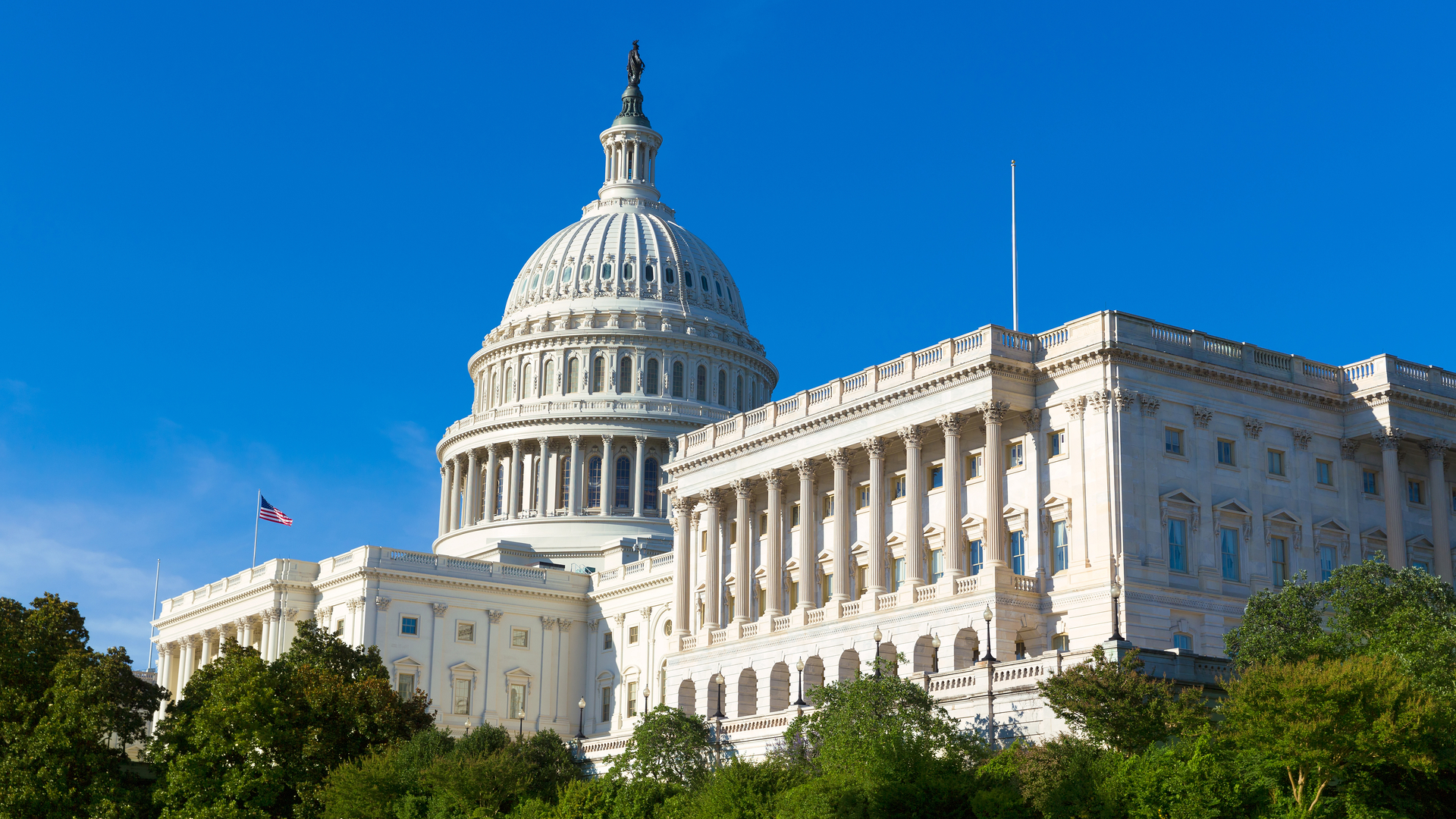Government considers cutting off file sharers
New government plans will give the government the power to cut off the internet connections of the worst file sharers - and may charge pirates for any costs.


The government has proposed tougher new laws to cut off the internet connections of file sharers.
The new tactics have been proposed by government as part of the Digital Economy Bill. If approved, the government could force internet service providers to block access to download sites, cut broadband speeds and suspend accounts of "repeat infringers," according to the Department for Business Innovation and Skills (BIS).
While such a move was ruled out in the government's own Digital Britain report, it appears Business Secretary Peter Mandelson is looking to toughen measures against pirates - a stance some think he's taken after meeting up with record industry executives.
The proposal moves forward existing plans for such "technical measures" against pirates, which wouldn't have come into play until 2012.
"The Government has now reached the view that, if action was deemed necessary, this might be too long to wait given the pressure put on the creative industries by piracy. The new ideas outlined today would potentially allow action to be taken earlier," the BIS said in a statement.
Stephen Timms, the minister for Digital Britain, said Ofcom needs flexibility to deal with "unlawful filesharing".
"We've been listening carefully to responses to the consultation this far, and it's become clear there are widespread concerns that the plans as they stand could delay action, impacting unfairly upon rights holders," he said in a statement.
Sign up today and you will receive a free copy of our Future Focus 2025 report - the leading guidance on AI, cybersecurity and other IT challenges as per 700+ senior executives
Cost control
The government is also considering who exactly should pay for what under such plans - and may make pirates pay costs.
"We are minded to allocate costs so that essentially individual parties will have to bear the costs they incur as a result of these obligations apart from the operating costs of sending notifications, which will be split 50:50 between ISPs and rights holders," the BIS said in a statement.
"However, we recognise this does raise a number of issues and therefore would welcome views from stakeholders as to how costs should be apportioned," it added.
The consultation on the new plans has been extended to 29 September, so you have lots of time to let the government know what you think.
Freelance journalist Nicole Kobie first started writing for ITPro in 2007, with bylines in New Scientist, Wired, PC Pro and many more.
Nicole the author of a book about the history of technology, The Long History of the Future.
-
 Cyber resilience in the UK: learning to take the punches
Cyber resilience in the UK: learning to take the punchesColumn UK law now puts resilience at the centre of cybersecurity strategies – but is legislation simply catching up with enterprise understanding that resilience is more than just an IT issue?
-
 CISPE claims European Commission gave Broadcom a ‘blank cheque to raise prices, lock-in, and squeeze customers’ with VMware deal
CISPE claims European Commission gave Broadcom a ‘blank cheque to raise prices, lock-in, and squeeze customers’ with VMware dealNews Cloud providers have issued a formal response to the General Court of the European Union after the Commission defended its approval of the deal
-
 New malware uses search engine ads to target pirate gamers
New malware uses search engine ads to target pirate gamersNews MosaicLoader uses advanced obfuscation techniques to avoid detection
-
 US big tech suffers as federal privacy bill delayed
US big tech suffers as federal privacy bill delayedNews Firms must comply with California's strict data laws in lieu of a federal bill
-
 Liberty defeated in ‘snooper’s charter’ legal challenge
Liberty defeated in ‘snooper’s charter’ legal challengeNews High court rules the government’s Investigatory Powers Act doesn’t breach human rights
-
 Premium email firm Superhuman ends pixel tracking after backlash
Premium email firm Superhuman ends pixel tracking after backlashNews The email plugin startup removed read receipts by default after accusations of surveillance
-
 GDPR is not enough to win back customer trust
GDPR is not enough to win back customer trustIn-depth When it comes to building new services, industry experts believe there should be a collective responsibility for data security
-
 UK Prisons trial facial recognition to stop drug smugglers
UK Prisons trial facial recognition to stop drug smugglersNews Biometric technology used to catch visitors supplying contraband
-
South Wales Police given ultimatum to drop facial recognition tech
News Ex-councillor Ed Bridges has given the force two weeks to drop tech that "violates privacy rights"
-
 Facebook suspends hundreds of apps for misusing user data
Facebook suspends hundreds of apps for misusing user dataNews An internal investigation into data misuse by Facebook apps has led to a raft of suspensions
